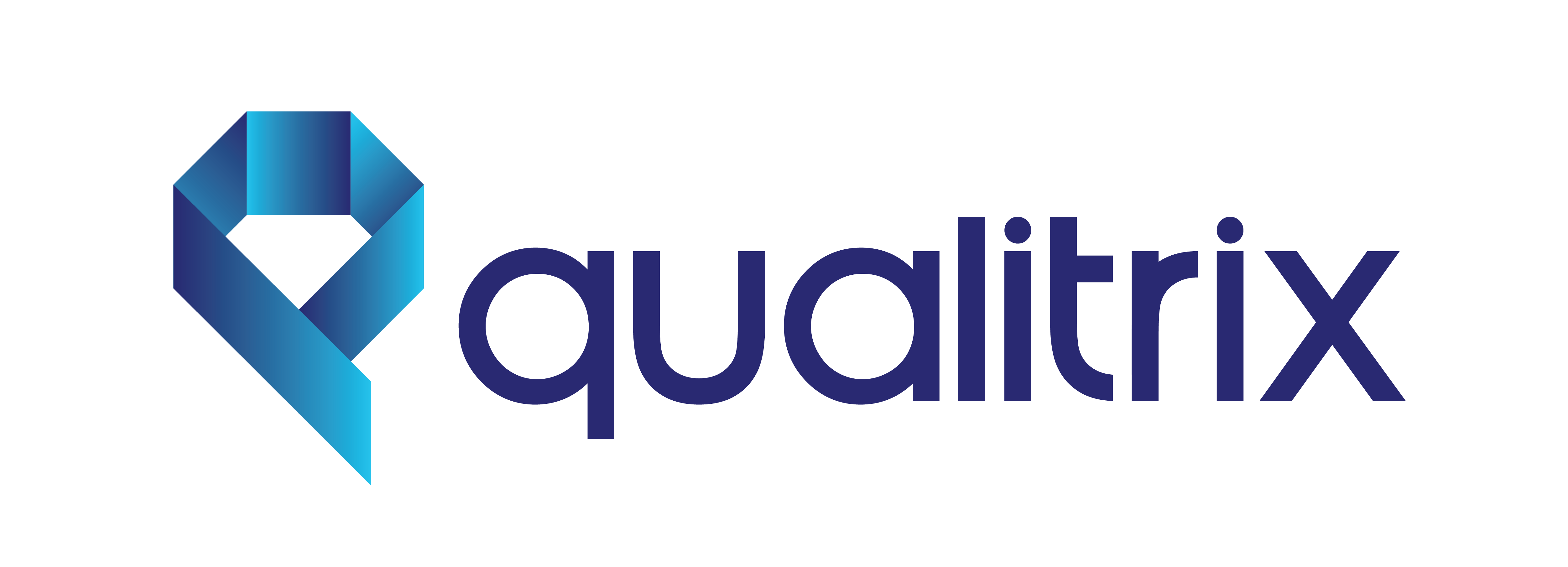In a recent interview with ITVAR News our CEO, Mayank Mittal, talks about the challenges in the quality assurance market in India, how we leverage crowdsourcing, advantages of Qualitrix’s remote & on-demand customer experience services on QA model and business sustenance in the post COVID-19 era.
The interview goes into depth on our approach, our technological innovations in QA solutions and how our remote & on-demand QA model is helping businesses, from startups to Fortune 500 companies, achieve sustainable quality with zero fixed cost and no operational risks.
What are the solutions and services in Qualitrix portfolio?
We are into software testing and quality engineering solutions. We have our own products as well as services that we provide to customers. We work with both unicorn startups as well as large enterprise and Fortune 500 companies.
It is basically a 360-degree quality assurance that we provide. You can break it into three parts. The first is functional testing. In functional testing, we are more focused on the domain and the industry so that we can get into the depth of it. We have our own design framework and we make sure that all dimensions of functional behaviour of an application are captured.
Then we also have a lot of focus on usability because user centricity is very important. Things like usability, study, feedback, surveys, personal interviews from target markets, AV testing we are doing a lot of analysis on market analysis to collect feedbacks and finally, a lot of non-functional expertise which is more into engineering. These are developers, testing architects, automation engineers, security engineers, loading performance specialist across the board. This covers the overall gamut of services.
Post-COVID On-demand QA in India
Crowdsourcing is an emerging model and it is becoming even more relevant now post COVID-19. Everybody is looking at remote QA, on demand QA or any remote working model, especially because of the current situation. People are actually looking to cut down their costs to remove capex and they are also looking at business continuity in this lockdown situation.
How does Qualitrix leverage on crowdsourcing?
We have one of our divisions called Oprimes, which is actually a platform of our own. This platform actually provides end to end QA solutions in an on-demand model. The platform has entire workflows defined for mobile app testing using crowdsourcing, and it also hosts a community of testers. These are some of our expert employee testers and there are also contractors and freelancers that we work with. The overall community stretches to a few thousands. We invite them to participate in our projects. We have open labs where we have information about more than 1000 to around 10000 devices.
We have test automation frameworks that are built for web, mobile, APIs etc which could be used by these testers. Therefore, we have actually converted the entire delivery model into an on demand one, supporting our clients to provide them better functional coverage, compatibility, user feedbacks, market analysis, comparable analysis, even accessibility, user feedback. Ethical hackers are also part of the community to give feedback and so we have complete end to end solutions.
What are the GTM strategies you follow for expansion?
Currently, we have three different focus areas which we are working on. One is the startup industry where we do a lot of work with growth startups because it is a huge market right now and even large enterprises are tapping into that. The second is the large enterprise sector. Both these sectors are more digital oriented, and so they are working more in Web, mobile, APInand other such IoT devices in that space. The third is the enterprise products sector where we are actually trying to build more capabilities and serve the clients in the SAP space or Microsoft products like Azure and other cloud based solutions.
For each of them, we have a different kind of strategy for going to market. We focus a lot of on building partnerships, and so especially for enterprise products we have built different kind of partnership, which are collaborating to provide solutions to clients. We have our reseller model, where we have regional partners in Europe and in the US. And of course, in India we work with them for taking our solutions to market. We also have our own products and for that we are having technology partnerships. Some partners are actually helping in enhancing our capability. We also have technology partners, including the large firms. We provide software as a service (SaaS) solutions, and then the partners can leverage that to deliver on demand and remote QA crowdsource testing solutions to the customers.
What are the challenges in the testing and QA solutions market in India?
Times are changing but mindsets are not changing much. So currently everybody wants a Superman in testing like one person who can do everything but testing is not about one area. There are so many different dimensions to testing so you will need the automation specialist and within automation also that there could be function automation, API, back-end, front-end and in manual also there are different kinds of specializations. So what happens is that as a company, nobody wants to invest much on testing because it’ is an overhead. Eventually you are not creating anything with quality. So what they think is that my developer can test or my product manager can test. The kind of a mindset of investing properly in testing is something which has evolved over time. But again, it has not picked up in a way that it should have. That is the reason why a lot of times it is very difficult to explain that one person cannot do everything.
Secondly, there is a lot of task based approach. Product managers do not understand different nuances of quality. They want the tester as a resource, and they will define what needs to be done. But generally, they do not look at quality as a consulting arm where you can get some idea as to how to get multi-dimensional quality. In the industry the product manager thinks that he knows more about quality than a quality engineer which is actually not true.
On-demand QA solutions in India
Mostly, the view is very short term and everybody is looking for a short term perspective like what can I do that this release goes fine so that I can save my money for tomorrow. They are not looking at a long term perspective. Quality is always a long term game. You cannot improve quality in a short term. This is a huge problem and one of the final things that I want to mention about this is that people do not look at quality from KPIs or metrics. You should evaluate quality of the organization and see how it is moving over time but they do not look at it like that. All they see is very subjectively and that is not the way how you should perceive quality.
How do you ensure skilled workforce with relevant skills?
We have to stay updated on technology. Actually, testing is a bridge between a product, a developer and a user. As a tester, you should be that bridge. What is happening off late is someone saying that my tester should become a developer or someone is saying my tester should become user. You can do a combination of both but then only the testing should remain relevant.
You have to identify experts in our testing community and people should focus on their skill. A lot of companies now train like a factory model. Train everybody on everything. So you have one person who also knows automation a little bit, manual a little bit or you have SDATE which is actually a real skill where people actually understand at an architecture level and try to do everything. But those skill sets are still limited to a high cost skill. At the generic level, what you need is basically identify a specialist and try to plug in those specialists and build their skills in different parts. Some people should become specialists, some can be domain experts, or someone can be a non-functional expert in different sets instead of expecting one person to know it all.
Who are the customers you are working with and what sort of use cases are there?
There are three segments we are working at. In start-up segments, we are doing a lot of work with early and growth stage start-ups, as well as with a lot of large start-ups also, which are funded with more than $200 million.
One of the India’s largest social media setup is our client and we have done fully stacked automation for them. It is a complete QA end to end, setup from scratch and now, a team of more than 20-25 people taking care of their weekly releases.
We also work for a lot of government projects. We have been involved in COVID launches some training programs which were used by lacs of people, especially the front line nurses and doctors for COVID awareness. For E=education programs at a national level, we also work with some Fortune 500 companies. One of the top three telecom companies in India is one of our clients and one of the top 10 IT services players too. We work with them and we have actually set up the entire SaaS platforms for them for remote QA and on demand QA. We have a very diverse kind of a customer base and the use cases that we work with them include Crowd testing and Automation. A lot of work we do in automation and usability. Actually, crowd testing is one of the subdivisions of usability. We focus a lot on user centric testing and we build a lot of partnerships for providing a platform as well as providing solutions.
Click here to view the full story.
Source: http://itvarnews.techplusmedia.com/2020/05/06/qualitrix-ensures-quality-testing/

